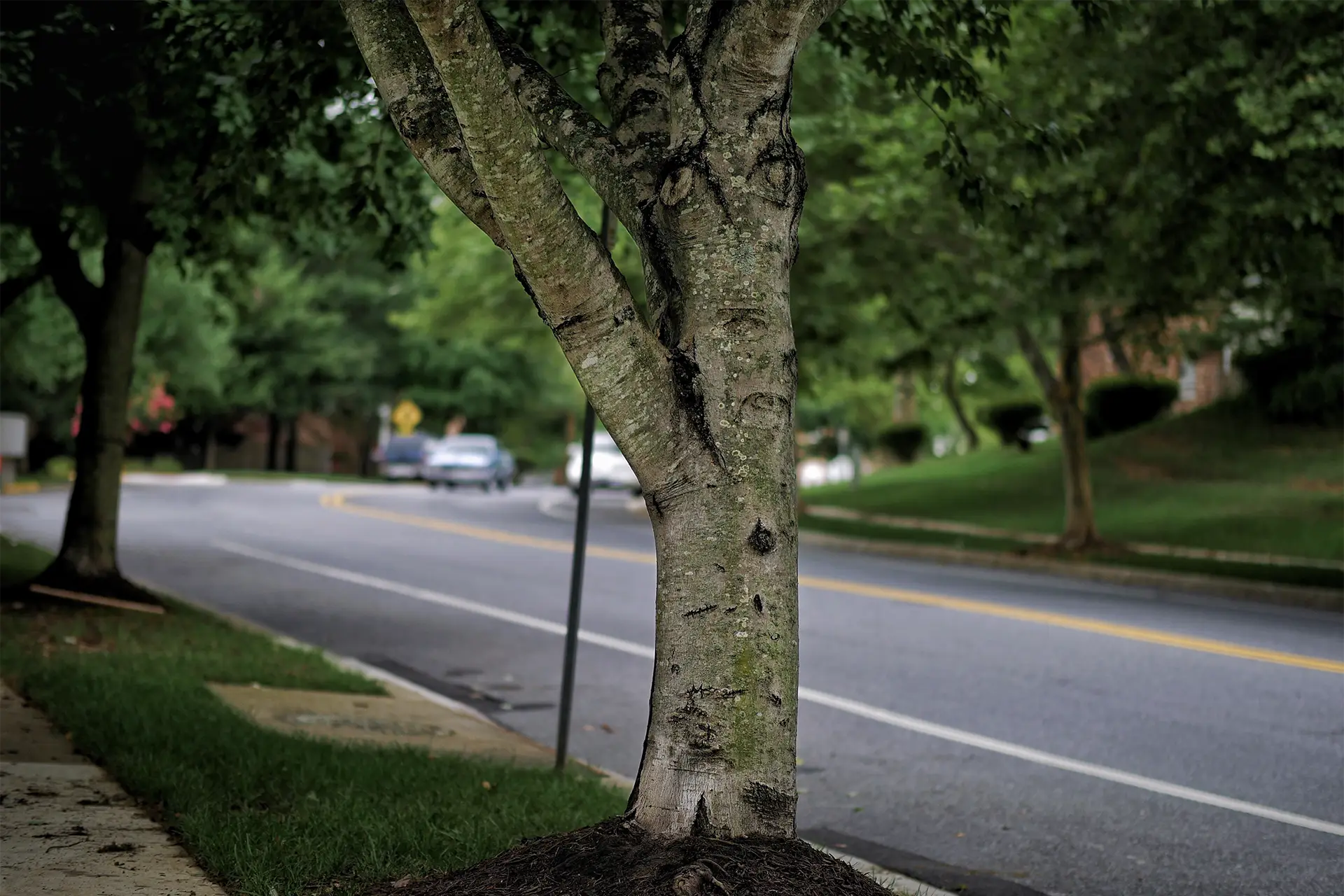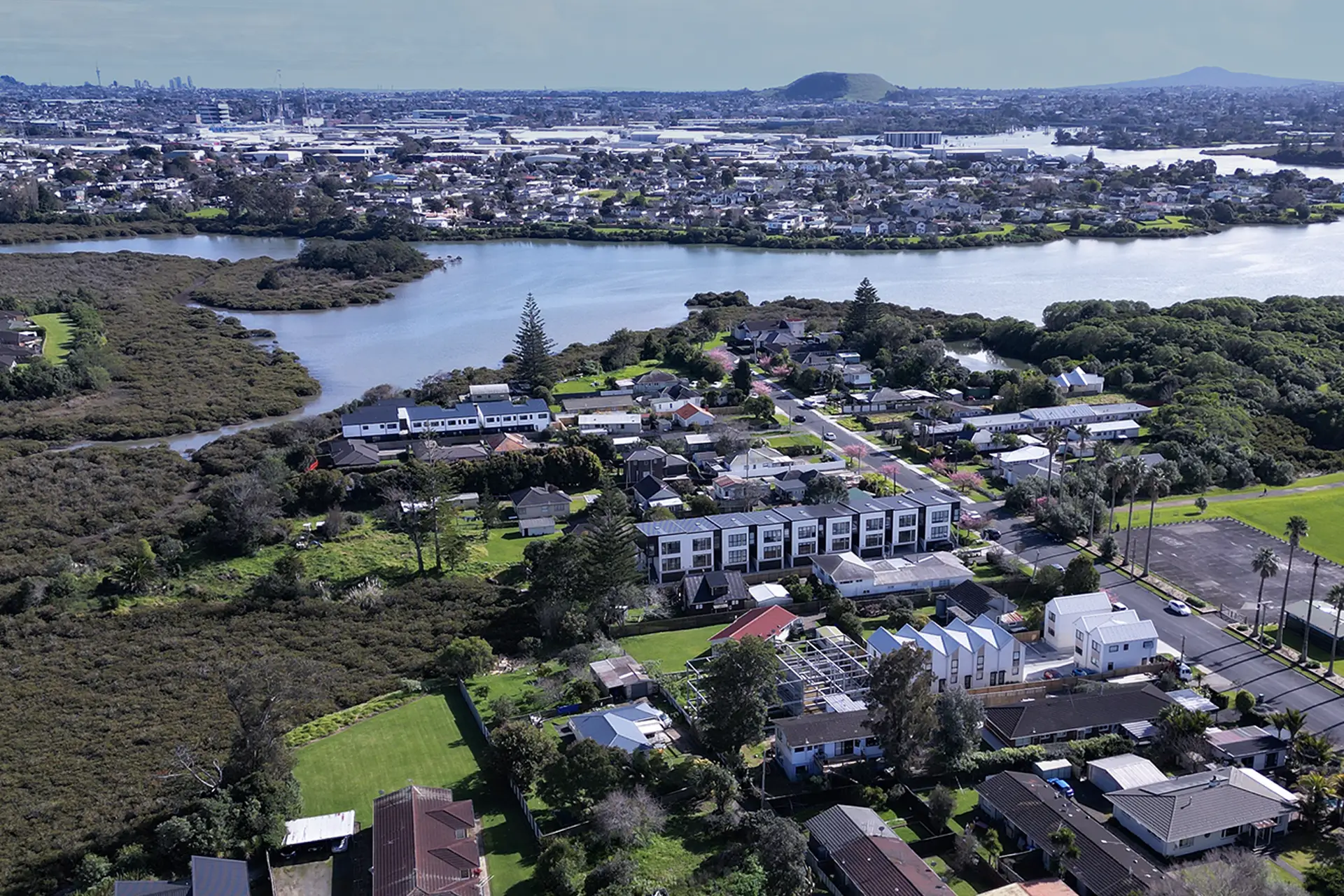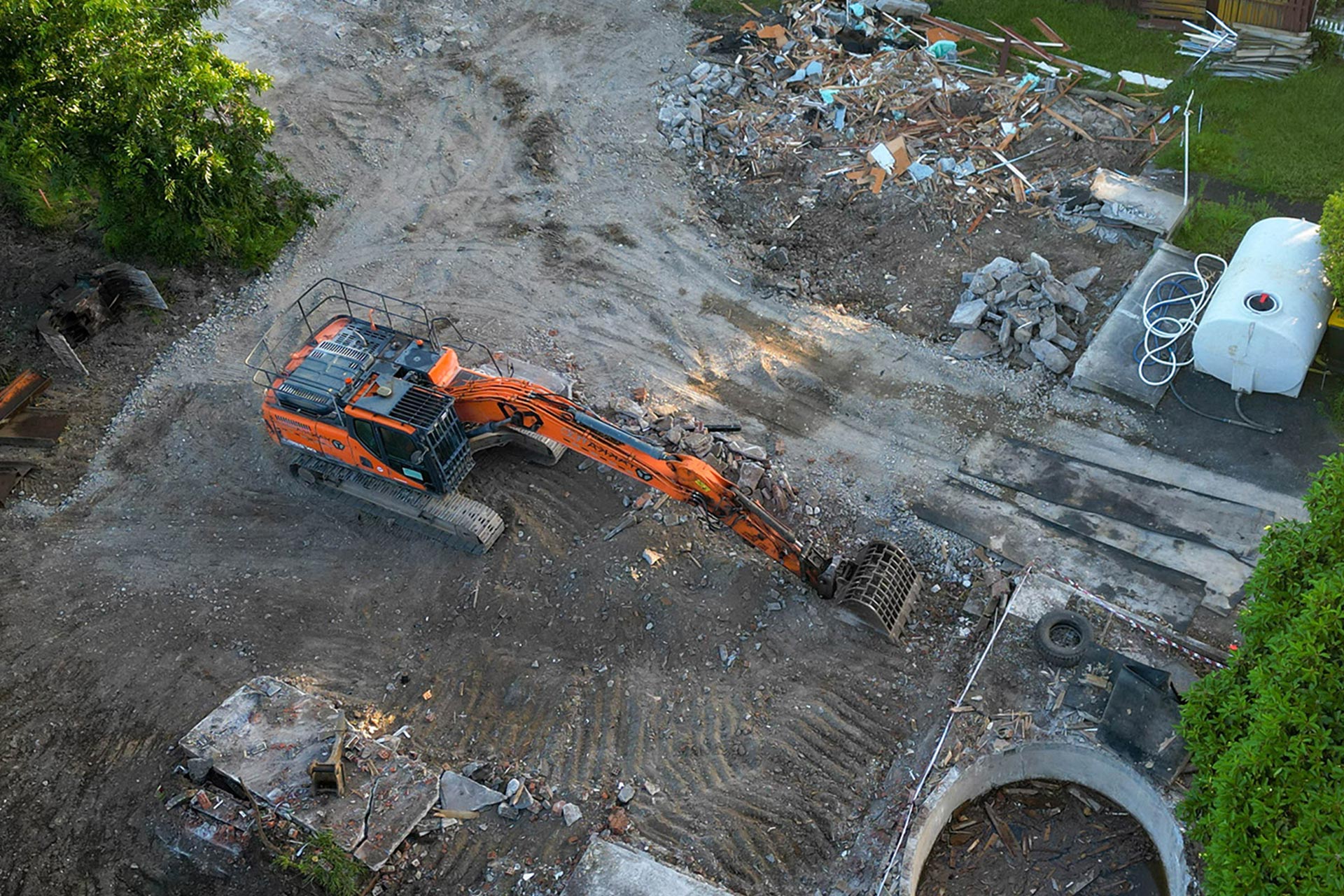A recent $54,000 fine handed down to a property director for the operation of an illegal boarding house in Manurewa has placed a spotlight on the risks and obligations that arise when property owners and developers bypass New Zealand’s building consent laws.
Why the Case Matters
Between 2017 and 2019, a commercial property was unlawfully converted into accommodation for migrant workers without the necessary building or resource consents. The conversion involved 44 container-style cabins that lacked adequate fire safety systems and proper escape routes in the event of an emergency.
In delivering judgment, Judge Tepania explained that the case demonstrates why the consenting process exists, stressing that “the creation of risk to health and safety calls for a strong response, even if that risk has not eventuated”. This decision reinforces the principle that legal compliance is designed to prevent harm before it occurs.
Legal Issues at Stake
The case touches on several areas of New Zealand law:
- Construction and Building Law: The Building Act 2004 requires that all construction works meet minimum safety and compliance standards. By avoiding this process, the property director undermined the safety protections intended to protect tenants.
- Resource Management Act 1991: The unlawful conversion of a light industry-zoned building into residential use disregarded resource consent obligations, limiting the Council’s ability to regulate land use appropriately.
- Health and Safety: Although no actual harm occurred, the lack of fire safety measures meant tenants were placed at serious risk. The Court made it clear that absence of harm is no defence where systemic safety failures are present.
Who Is Affected?
- Tenants and Migrant Workers: Vulnerable tenants, particularly migrant workers with limited housing alternatives, were placed in unsafe living conditions.
- Property Owners and Developers: The case signals that financial gain will not justify non-compliance. Avoiding consent costs or attempting to cut corners can result in significant fines and reputational damage.
- Local Communities: Illegal boarding houses undermine community trust in building safety and place pressure on regulatory authorities to ensure public confidence in compliance.
Lessons for Property Developers and Owners
The penalties in this case demonstrate that wilfully disregarding the law will not be tolerated. As Auckland Council’s Team Leader Investigations, Paul Cowling, stated: “This was deliberate, reckless, and profit driven. Mr Knights housed vulnerable workers in unsafe conditions, ignoring the law to line his own pockets”.
Property developers and landlords must understand that building and resource consent regimes are not bureaucratic hurdles, but safeguards designed to protect people and communities. Failure to comply can result in significant financial penalties, loss of reputation, and—most importantly—unacceptable risks to human life.
Navigating Compliance Challenges
For developers and property owners, particularly those housing tenants or operating in sectors prone to high demand such as boarding houses, legal guidance is essential. From ensuring consents are obtained to meeting health and safety requirements, engaging professional advice early in the process can prevent costly mistakes.
Wynyard Wood advises clients on construction law, property compliance, and the legal rights of tenants – Contact us today for clear, practical advice.
Related Articles:
Related Services:
If you are involved with a building project and need legal assistance, we can help you objectively review your circumstances, and what next steps are most appropriate for your situation.
Read More
Employees can either be a great asset or a burden. Our Employment Law team provides legal services for both employers and employees.







